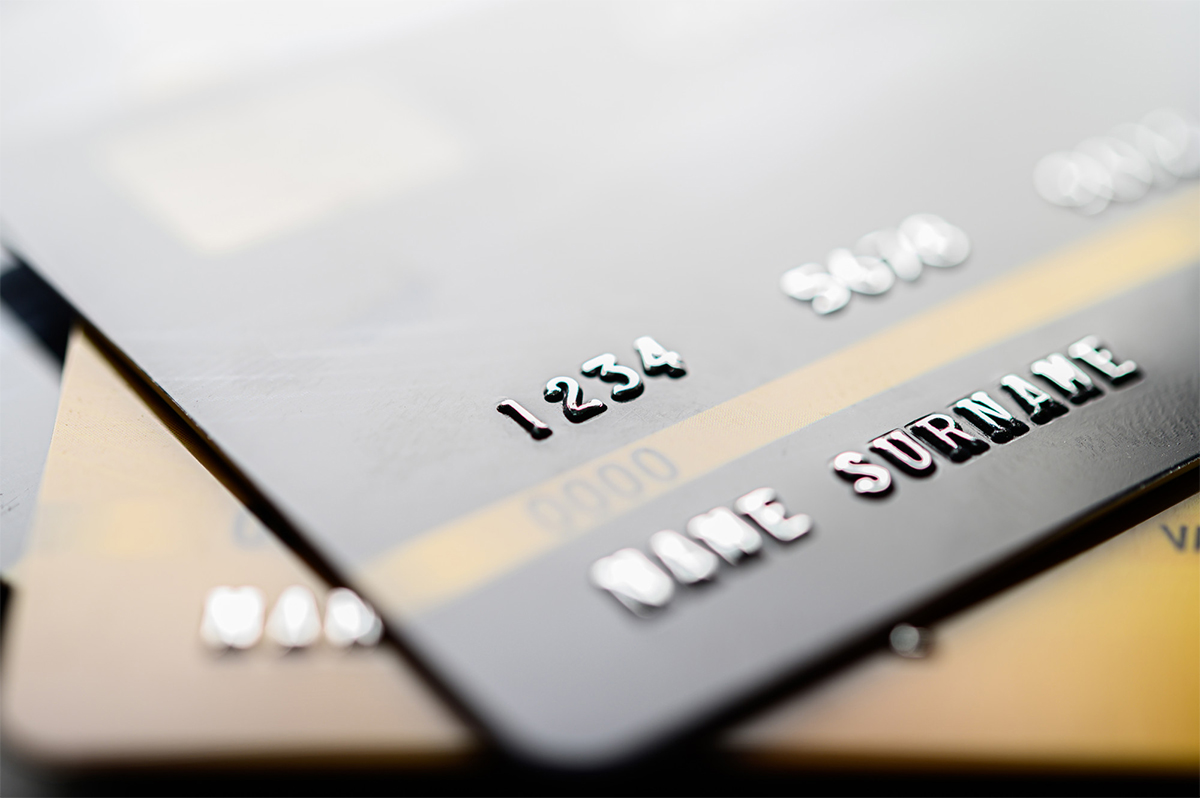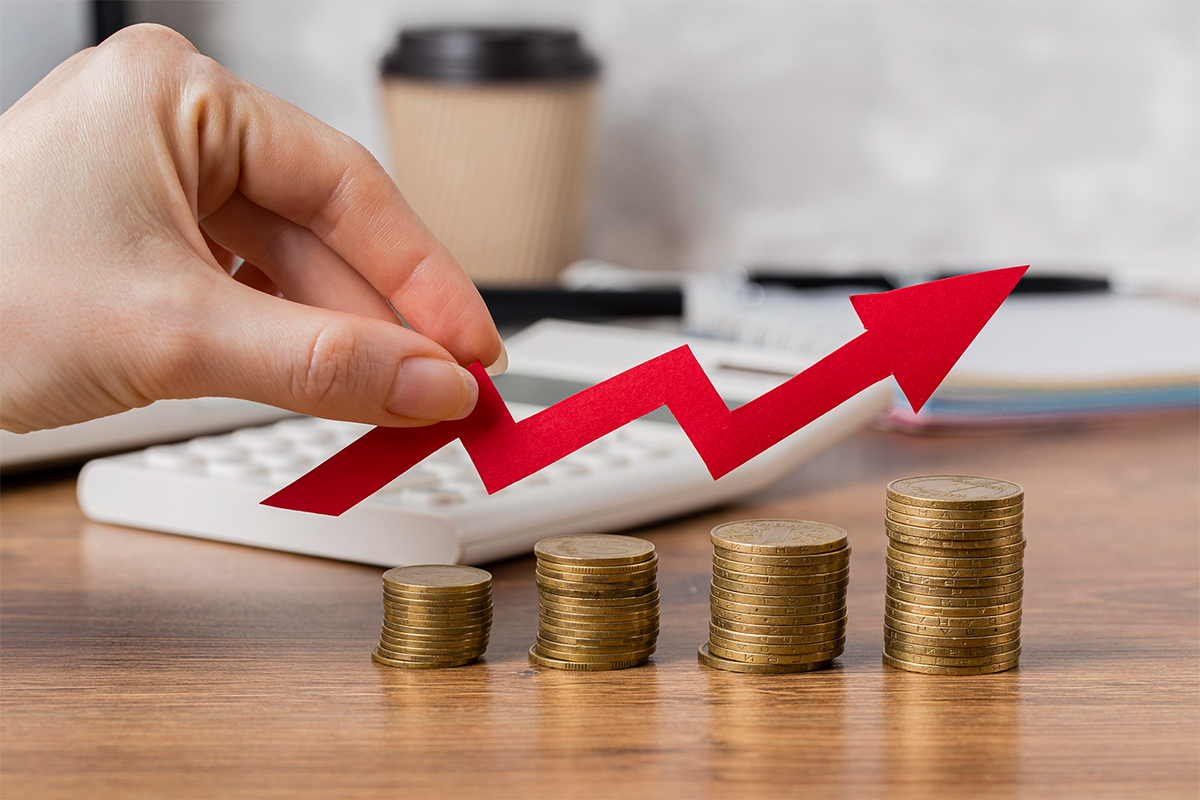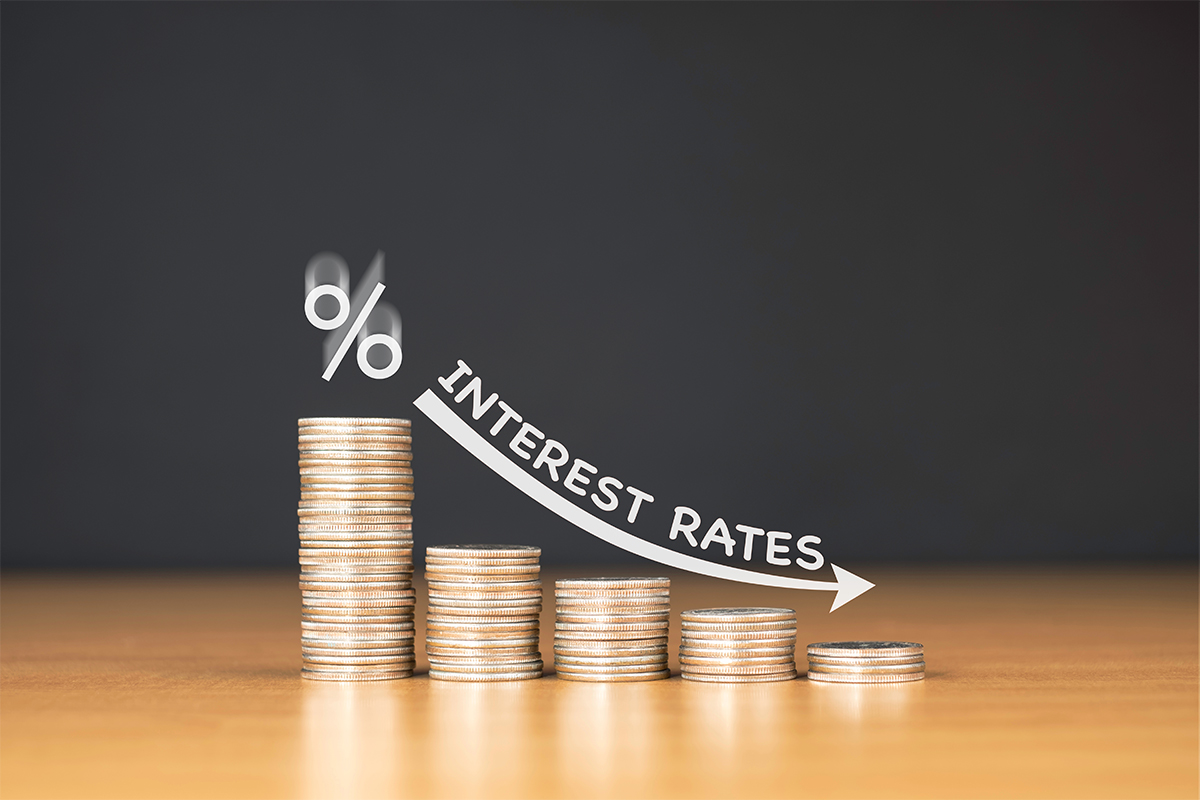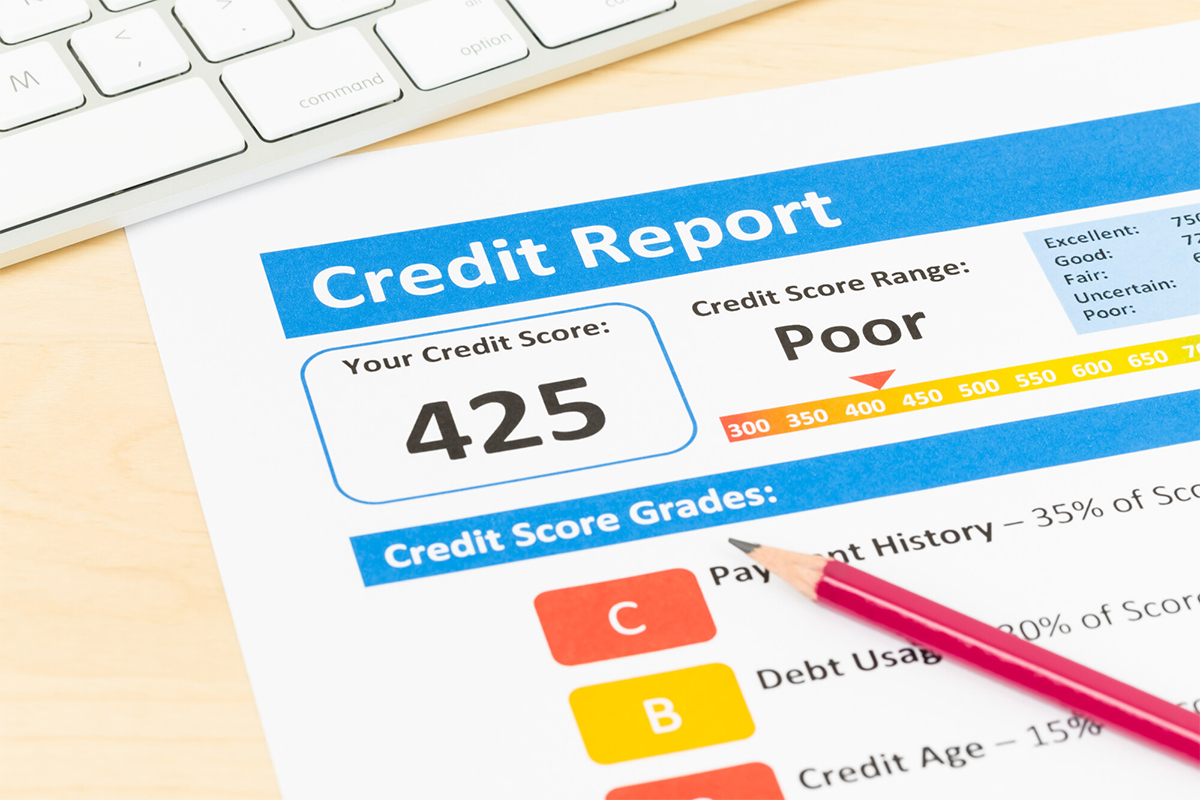The American Bankruptcy Institute says that between August 2021 and August 2022, the number of people filing for bankruptcy went up by 10%. [1]
If you have a significant amount of debt, you may be considering filing for bankruptcy. Here we will be covering how much debt is worth filing for bankruptcy, the threshold for filing, and important considerations to be aware of.
What is the Threshold for Filing Bankruptcy Based on the Amount of Debt?
While there is no set amount of debt that automatically qualifies for filing bankruptcy, there are some general guidelines to consider.
A large amount of unsecured debt, such as credit card debt or medical debt, can make it difficult to ever pay off the debt, especially if the interest rates are high. If the total amount of unsecured debt is overwhelming and seems impossible to repay, then filing for bankruptcy may be a viable option.
If your income is insufficient to cover your living expenses and make a dent in your debt, then filing for bankruptcy may be necessary. Even a smaller amount of debt can be overwhelming if your income is low.
The impact of the debt on your overall financial and mental well-being should be taken into account. If the debt is causing extreme stress, affecting your ability to provide for yourself and your family, or preventing you from achieving future financial goals, then filing for bankruptcy may be the best decision.
Filing for bankruptcy should not be taken lightly and should be a last resort. Consulting with a financial advisor or bankruptcy attorney can also provide guidance on whether bankruptcy is the best option for your specific situation.
Below, we answer key questions related to bankruptcy that will help you decide whether you should file a bankruptcy or not.

Have All Possible Solutions to Avoid Bankruptcy Been Explored?
Explore all possible options for managing and resolving debt before resorting to the extreme measure of bankruptcy.
Debt settlement, where creditors agree to accept a reduced amount as payment in full. This can be a viable alternative for those who are unable to pay off their debts in full but want to avoid bankruptcy.
Creating a repayment plan with creditors is also an option for individuals struggling with debt. This involves negotiating with creditors to establish a manageable payment schedule that fits within the individual’s financial capabilities.
Would an Increase in Income Help Pay Off More Debt?
Take a look at your current job and assess if there are opportunities for advancement or a potential for a raise. Talk to your supervisor about your career goals and see if there are any steps you can take to increase your earning potential within your current company.
If advancement is not a possibility, consider looking for a new job that offers higher pay. Update your resume, network with professionals in your industry, and actively search for job openings. You may need to consider expanding your job search to different locations or industries in order to find the right opportunity.
Consider taking on freelance work, part-time gigs, or side hustles to bring in extra income. This can help bridge the gap while you search for a higher-paying job and may even lead to new career opportunities. With the increase in income or side gigs, you may be able to pay off more debt and avoid filing bankruptcy.

Does Taking Out a Debt Consolidation Loan Have an Impact?
This type of loan allows borrowers to combine multiple debts into one, usually with a lower interest rate and a single monthly payment.
A debt consolidation loan can provide much-needed relief and prevent the need for bankruptcy. By streamlining multiple debts into one manageable payment, individuals can regain control over their finances and avoid the long-term consequences of bankruptcy.
Taking out a debt consolidation loan is not a one-size-fits-all solution. If the individual’s financial situation is dire and the debt amount is too high, a debt consolidation loan may not be enough to alleviate the burden.
Have You Considered a Debt Relief Program?
Debt relief programs, also known as debt settlement or debt consolidation programs, work by negotiating with your creditors to lower the total amount of debt you owe. This can make your monthly payments more manageable and help you get back on track financially. These programs can be a good alternative to bankruptcy, as they allow you to repay your debts in a more structured and affordable way.
Do your research and choose a reputable and trustworthy company to work with. Look for companies with a proven track record of successfully negotiating debt settlements and helping clients reduce their debt burden. Be wary of any program that promises to eliminate all of your debt quickly or without any effort on your part, as these claims are often too good to be true.
Are Your Creditors Willing to Negotiate with You?
Many creditors understand that unexpected financial difficulties can arise and they may be willing to negotiate a new payment plan, reduce interest rates, or even settle for a lower amount. It is worth reaching out to your creditors to see if they are open to working with you.
When contacting your creditors, be honest and straightforward about your financial situation. Explain the specific challenges you are facing and propose a realistic solution that you believe will allow you to meet your financial obligations.
Some creditors may have formal hardship programs in place to assist individuals who are struggling to make their payments. These programs may include temporary payment reductions or assistance with restructuring debts.

Determining the Right Time for Filing Chapter 7 or Chapter 13 Bankruptcy
Chapter 7 bankruptcy is often referred to as “liquidation” bankruptcy and is typically used by individuals with high amounts of unsecured debt, such as credit card debt or medical bills. In order to qualify for Chapter 7 bankruptcy, the debtor must pass a means test, which compares their income to the median income in their state.
If the debtor’s income is below the median income, they may be eligible for Chapter 7. This type of bankruptcy liquidates the debtor’s non-exempt assets to pay off their debts and provides a fresh start financially.
Chapter 13 bankruptcy is often referred to as “reorganization” bankruptcy and is typically used by individuals who have a regular income and want to keep their assets but need help restructuring their debt. Chapter 13 bankruptcy allows debtors to create a repayment plan to pay off their debts over three to five years, often at a reduced amount.
This type of bankruptcy is often used by individuals who are facing foreclosure on their homes or have significant non-dischargeable debts that cannot be eliminated in Chapter 7 bankruptcy.
The Drawbacks of Bankruptcy
One of the major downsides to filing for bankruptcy is the impact it can have on your credit score. Bankruptcy stays on your credit report for many years, making it difficult to obtain new credit or loans. Even if you are able to secure credit, it often comes with higher interest rates and less favorable terms. This can make it challenging to rebuild your financial stability after bankruptcy.
Filing for bankruptcy can have long-term consequences for your financial future. It can make it difficult to rent an apartment, secure a job, or obtain insurance. It can also affect your ability to qualify for certain government benefits and can impact your ability to travel internationally. Bankruptcy can even affect your ability to obtain a professional license or certification.
Bankruptcy also requires a significant amount of time, effort, and money. The process can be complex and time-consuming, and it often involves significant legal and administrative fees. There are also ongoing costs associated with bankruptcy, such as credit counseling and debtor education courses.
Depending on the type of bankruptcy you file, you may be required to sell certain assets in order to repay your creditors. This can include personal property, investments, and even your home. While there are exemptions that protect some of your assets, it’s important to carefully consider the potential impact on your financial situation.

Contact Frego Law today to schedule a consultation and find out if filing for bankruptcy is the right choice for you.
FAQs
In a Chapter 7 bankruptcy, most unsecured debts, such as credit card balances and medical bills, can be discharged, but there is no specific limit on the total amount of debt that can be wiped out. In a Chapter 13 bankruptcy, there are debt limits for eligibility. These limitations are subject to change and vary based on the individual’s circumstances.
It is recommended to explore alternative options, such as debt consolidation, negotiation with creditors, or creating a repayment plan, before pursuing bankruptcy for a small amount of debt. Bankruptcy should generally be reserved for individuals facing overwhelming and unmanageable debt rather than those with a lesser burden.
A Chapter 7 bankruptcy can take approximately 3-6 months, while a Chapter 13 bankruptcy can take 3-5 years to complete. This timeline can significantly influence the decision when considering the amount of debt, as it reflects the potential duration of debt relief and financial recovery.
For individuals with a significant amount of debt, the longer timeframe of a Chapter 13 bankruptcy might be a consideration, as it offers an extended period for debt repayment and potential asset protection, whereas those with less debt might prefer the quicker debt discharge of a Chapter 7 bankruptcy.
Source:
[1] Kuadli, J. (2023, May 20). 9 Mind-Blowing Bankruptcy Statistics for 2023. https://legaljobs.io/blog/bankruptcy-statistics/




